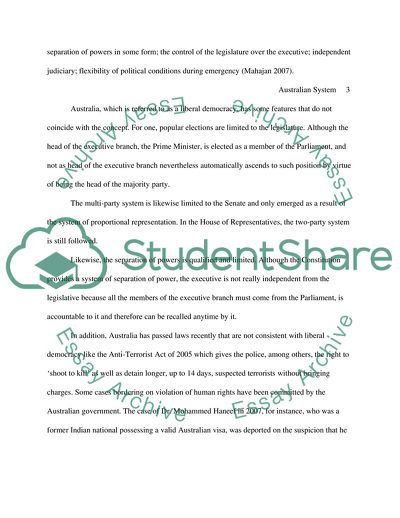Cite this document
(Law Government and Policy in Australia Assignment, n.d.)
Law Government and Policy in Australia Assignment. https://studentshare.org/law/1714262-law-government-and-policy
Law Government and Policy in Australia Assignment. https://studentshare.org/law/1714262-law-government-and-policy
(Law Government and Policy in Australia Assignment)
Law Government and Policy in Australia Assignment. https://studentshare.org/law/1714262-law-government-and-policy.
Law Government and Policy in Australia Assignment. https://studentshare.org/law/1714262-law-government-and-policy.
“Law Government and Policy in Australia Assignment”. https://studentshare.org/law/1714262-law-government-and-policy.


